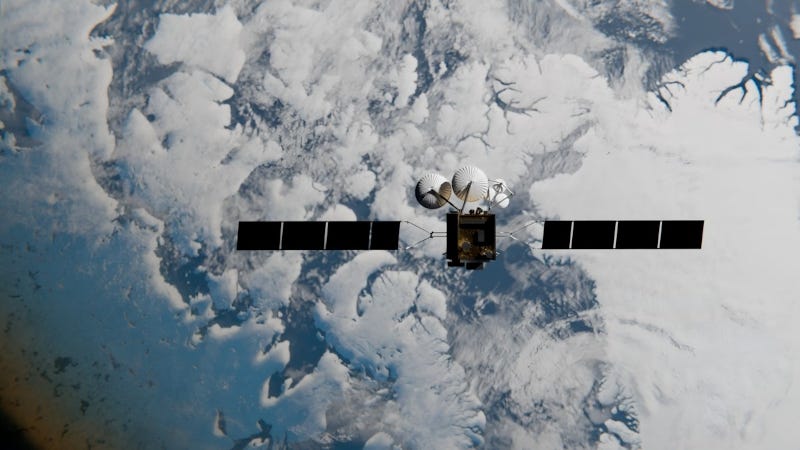Government Arctic Capabilities Demonstrated by Viasat
Canadian Test Flight Showcases High-Speed Connectivity Above 63.5 Degrees North Latitude
A steerable beam high-speed arctic communications payload has been successfully demonstrated by Viasat in Northern Canada. The demonstration flight, completed on a Calspan Gulfstream III aircraft, enabled attendees from Viasat’s government and military partners to connect their own devices over more than 600 miles of Arctic territory and showcased the s…




